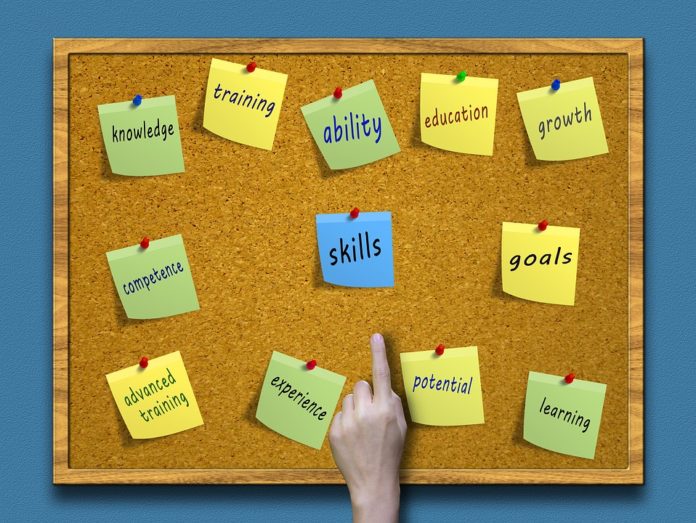There are some factors that lead children to have better school performance. Family income, access to early childhood programs, and home environment rank are on the top of the list. Now, scientists are looking for another potential factor: curiosity.
Scientists think that the more curious the child, the more likely he or she may be to perform better in school — regardless of economic background.
Scientists at the University of Michigan C.S. Mott Children’s Hospital and the Center for Human Growth and Development conducted a study that involved 6,200 kindergartners. They analyzed the data from the Early Childhood Longitudinal Study, Birth Cohort.
Parents of children enrolled in the longitudinal study were interviewed during home visits; the children were assessed when they were nine months and two years old and again when they entered preschool and kindergarten. Reading levels, math skills, and behavior were measured in these children when they reached kindergarten in 2006 and 2007.
Based on some a behavioral questionnaire from parents and assessed reading and math achievement among kindergartners, they measured student’s curiosity. They found children with lower financial status usually have lower accomplishment than peers, however, the individuals who were described as inquisitive performed comparably on math and perusing appraisals as kids from higher-salary families.
Lead researcher Prachi Shah, M.D., a developmental and behavioral pediatrician at Mott and an assistant research scientist at U-M’s Center for Human Growth and Development, said, “Our results suggest that while higher curiosity is associated with higher academic achievement in all children, the association of curiosity with academic achievement is greater in children with low socioeconomic status.”
“Curiosity is characterized by the joy of discovery and the desire for exploration and is characterized by the motivation to seek answers to the unknown. Promoting curiosity in children, especially those from environments of economic disadvantage, may be an important, underrecognized way to address the achievement gap.”
“Children who grow up in financially secure conditions tend to have greater access to resources to encourage reading and math academic achievement, whereas those from poorer communities are more likely to be raised in less stimulating environments, Shah notes. In less-stimulating situations, the drive for academic achievement is related to a child’s motivation to learn, or curiosity.”
Scientists noted another important factor- effortful control, or the ability to stay focused in class. Children with these skills identified as curious fared well in math and reading.
Shah said, “These findings suggest that even if a child manifests low effortful control, they can still have more optimal academic achievement if they have high curiosity. Currently, most classroom interventions have focused on the cultivation of early effortful control and a child’s self-regulatory capacities, but our results suggest that an alternate message, focused on the importance of curiosity, should also be considered.”
“Fostering early academic achievement in young children has been a longstanding goal for pediatricians and policymakers, with a growing awareness of the role of social-emotional skills in school readiness.”
“Our results suggest that the promotion of curiosity may be a valuable intervention target to foster early academic achievement, with particular advantage for children in poverty; further research is needed to help us better understand how to develop interventions to cultivate curiosity in young children.”
The study is available online in the journal Pediatric Research.
